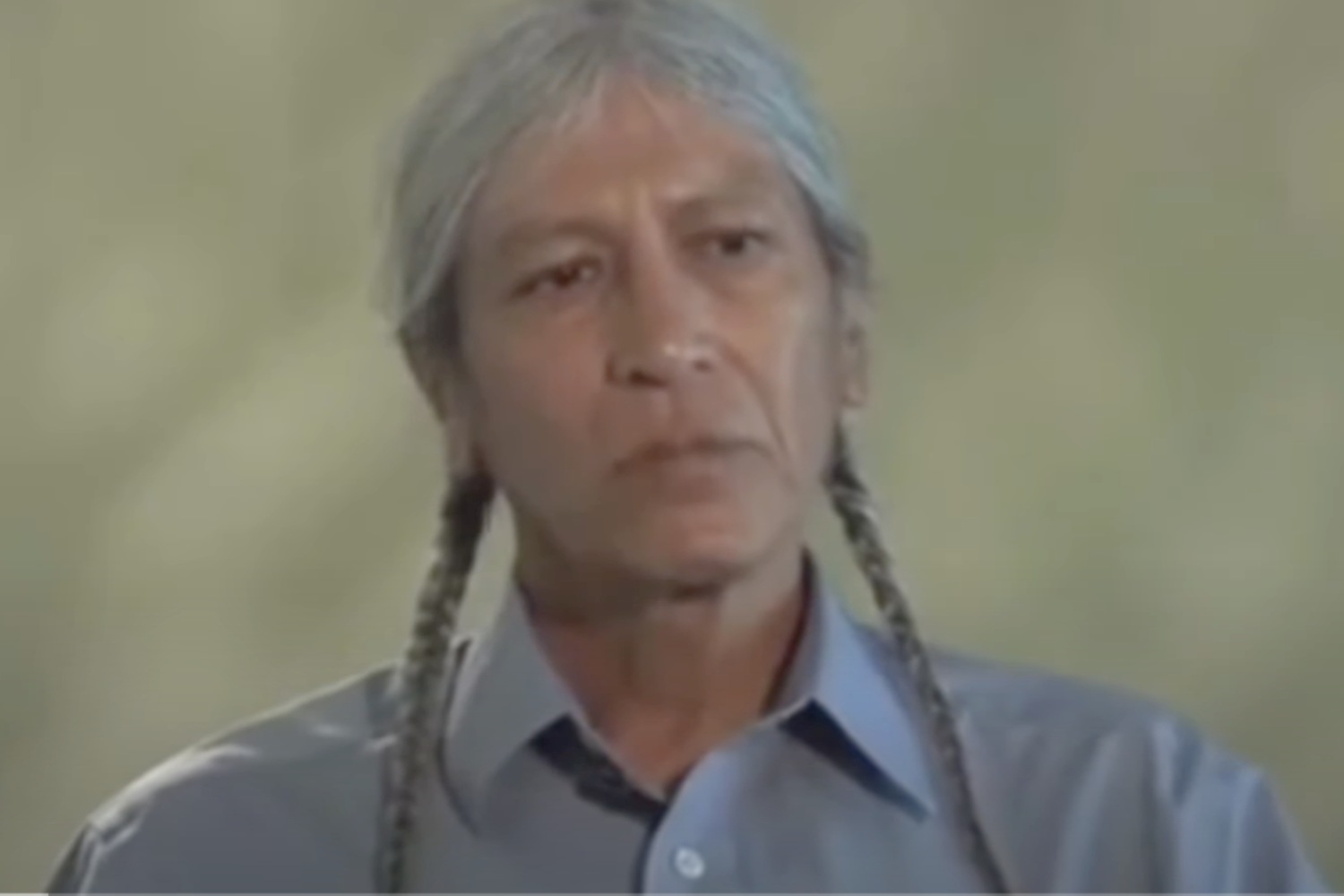Andrew Windyboy recalled what happened in residential schools for indigenous children where native languages were banned and physical, psychological and sexual abuse was perpetrated

@Native American Cultures/YouTube
Andrew Windyboy, a Chippewa Cree elder, gave an emotional talk about the hurtful experiences associated with residential schools for Indigenous children, a dark chapter in American and Canadian history. Windyboy recalled the prohibition on using his native Cree language and how every word spoken in Cree received very severe punishment.
His testimony is a highlight into the brutality and forced assimilation imposed by these institutions onto their inhabitants, not only to eradicate Indigenous cultures but symbolically to “kill” the identities of the children through physical and psychological abuse.
Cultural Genocide: the systematic erasure of identity
Residential schools were used by the governments of the United States and Canada as tools of cultural genocide. These schools were not limited to suppressing Indigenous languages and traditions but also involved severe physical, psychological, and sexual abuse, as recounted by countless survivors.
Living in inhumane conditions: countless lives lost without justice
The founder of the system, Richard H. Pratt, proudly boasted that the intention was to “kill the Indian in him, and save the man”, and the policies at the schools were being created based on that statement. Many children, as Windyboy shared, were forcibly taken from their families and put into degrading conditions where violence and humiliation were an everyday occurrence.
Death was always looming. Some children died from poor hygiene and improper nutrition, while some disappeared by some unaccountable way. Testimonies of survivors like Ruth Roulette and Tim Gaigo actually build up a chilling tale of abuses and oppression.
The long-term impact: severed roots and lost identities
The residential schools took away the children’s childhood and their linkage to their roots. Policies that banned native languages from being spoken had long-term effects, leaving generations of Indigenous peoples severed from their roots and identity.
Resilience Among Trauma: Pursuing Justice and Reconciliation
Yet amidst all that pain and trauma, indigenous people are still fighting for justice and reconciliation. The residential schools were closed a long time ago, but the fight for sovereignty and the survival of indigenous traditions remains. Survivors such as Windyboy stand as a reminder that there was a cultural genocide in times past that will never be forgotten.
